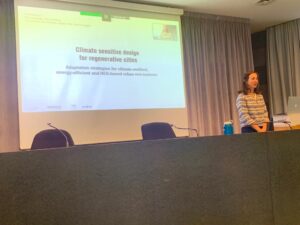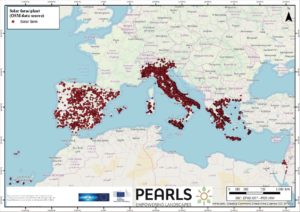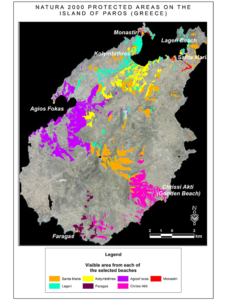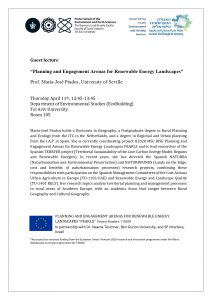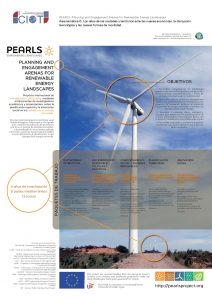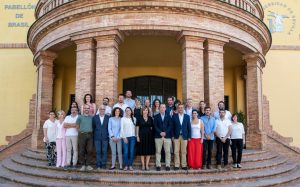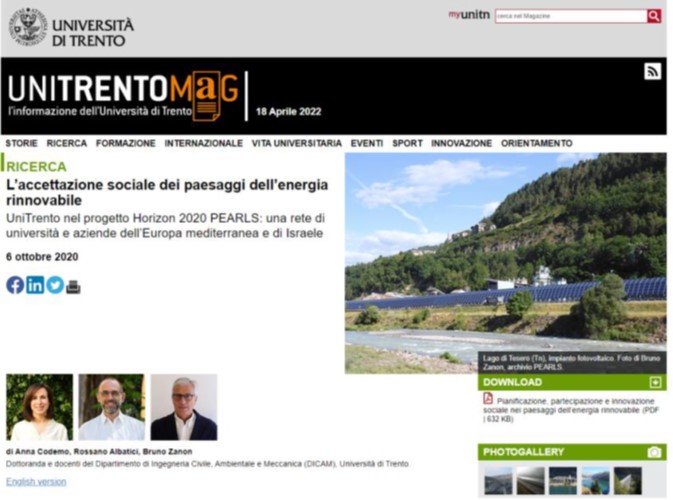
The Social Acceptance of Renewable Energy Landscapes
by Anna Codemo, Rossano Albatici, Bruno
Zanon
PhD candidate and Professors of the Department of Civil, Environmental and
Mechanical Engineering (DICAM) of the University of Trento.
Last 6th October, the University of Trento published on its website an article about the PEARLS Project and its participation as a research group in the framework of WP3 y WP4, whose experimental case will be in the city of Trento to investigate the use of passive and active measures to regenerate the built environment and to understand the citizens’ resistance to energy efficiency and the use of renewable resources.
Renewable Energy Landscapes are characterized by the presence of infrastructures and facilities that are necessary to generate renewable energy. Planning these landscapes is difficult in terms of design and social acceptance, and these issues are exacerbated by the commitment of the European Union to shift to a low-carbon economy. Many renewable energy plants are large-scale plants, often built on natural or agricultural areas, which change the landscape and its perception.
Italy has a wealth of renewable energy plants that exploit different resources in different areas, with biomass and hydro plants in the north, for the most part, while wind farms are more prevalent in the south. Italy is committed to achieve the European Union goal of increasing energy production from renewable sources by 30% by 2030, and this will require the development and strengthening of the energy infrastructure, including distributed energy sources and large facilities. These investments promote a transition that is centred on citizens and businesses, encouraging self-consumption, energy cooperatives and market transparency.
Renewables and the acceptance of renewable energy landscapes are two crucial elements of energy policies and are the basis of the approach of social sciences to bring about a change in the
energy model.
This transition will not be smooth, as it requires actions to improve space planning and social innovation processes.
You can read the complete article here:
L’accettazione sociale dei paesaggi dell’energia rinnovabile | UniTrentoMag (unitn.it)


